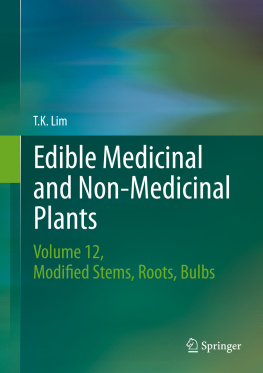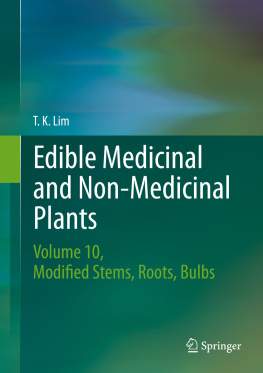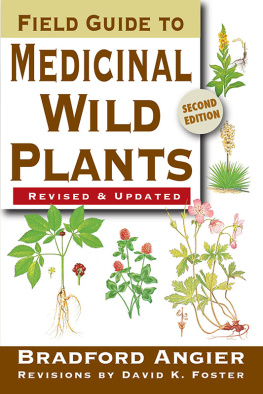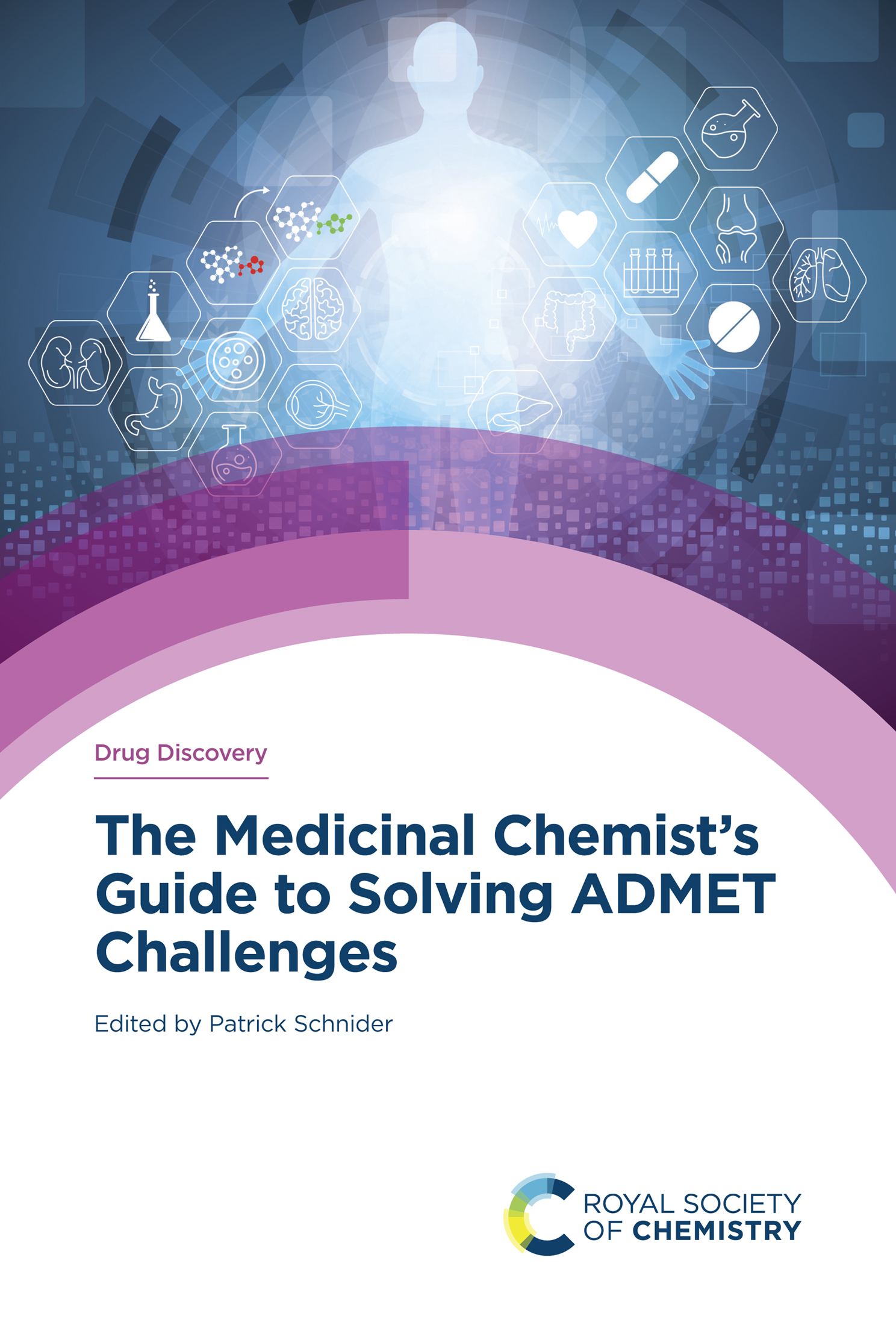Contents
The Medicinal Chemist's Guide to Solving ADMET Challenges
Drug Discovery Series
Editor-in-chief
David Thurston, King's College London, UK
Series editors:
David Fox, Vulpine Science and Learning, UK
Ana Martinez, Centro de Investigaciones Biologicas-CSIC, Spain
Hong Shen, Roche Innovation Center Shanghai, China
Ian Storer, AstraZeneca, UK
Editorial advisor:
Corey Hopkins, University of Nebraska Medical Center, USA
Titles in the Series:
1: Metabolism, Pharmacokinetics and Toxicity of Functional Groups
2: Emerging Drugs and Targets for Alzheimer's Disease; Volume 1
3: Emerging Drugs and Targets for Alzheimer's Disease; Volume 2
4: Accounts in Drug Discovery
5: New Frontiers in Chemical Biology
6: Animal Models for Neurodegenerative Disease
7: Neurodegeneration
8: G Protein-Coupled Receptors
9: Pharmaceutical Process Development
10: Extracellular and Intracellular Signaling
11: New Synthetic Technologies in Medicinal Chemistry
12: New Horizons in Predictive Toxicology
13: Drug Design Strategies: Quantitative Approaches
14: Neglected Diseases and Drug Discovery
15: Biomedical Imaging
16: Pharmaceutical Salts and Cocrystals
17: Polyamine Drug Discovery
18: Proteinases as Drug Targets
19: Kinase Drug Discovery
20: Drug Design Strategies: Computational Techniques and Applications
21: Designing Multi-target Drugs
22: Nanostructured Biomaterials for Overcoming Biological Barriers
23: Physico-Chemical and Computational Approaches to Drug Discovery
24: Biomarkers for Traumatic Brain Injury
25: Drug Discovery from Natural Products
26: Anti-inflammatory Drug Discovery
27: New Therapeutic Strategies for Type 2 Diabetes: Small Molecules
28: Drug Discovery for Psychiatric Disorders
29: Organic Chemistry of Drug Degradation
30: Computational Approaches to Nuclear Receptors
31: Traditional Chinese Medicine
32: Successful Strategies for the Discovery of Antiviral Drugs
33: Comprehensive Biomarker Discovery and Validation for Clinical Application
34: Emerging Drugs and Targets for Parkinson's Disease
35: Pain Therapeutics; Current and Future Treatment Paradigms
36: Biotherapeutics: Recent Developments using Chemical and Molecular Biology
37: Inhibitors of Molecular Chaperones as Therapeutic Agents
38: Orphan Drugs and Rare Diseases
39: Ion Channel Drug Discovery
40: Macrocycles in Drug Discovery
41: Human-based Systems for Translational Research
42: Venoms to Drugs: Venom as a Source for the Development of Human Therapeutics
43: Carbohydrates in Drug Design and Discovery
44: Drug Discovery for Schizophrenia
45: Cardiovascular and Metabolic Disease: Scientific Discoveries and New Therapies
46: Green Chemistry Strategies for Drug Discovery
47: Fragment-based Drug Discovery
48: Epigenetics for Drug Discovery
49: New Horizons in Predictive Drug Metabolism and Pharmacokinetics
50: Privileged Scaffolds in Medicinal Chemistry: Design, Synthesis, Evaluation
51: Nanomedicines: Design, Delivery and Detection
52: Synthetic Methods in Drug Discovery: Volume 1
53: Synthetic Methods in Drug Discovery: Volume 2
54: Drug Transporters: Role and Importance in ADME and Drug Development
55: Drug Transporters: Recent Advances and Emerging Technologies
56: Allosterism in Drug Discovery
57: Anti-aging Drugs: From Basic Research to Clinical Practice
58: Antibiotic Drug Discovery: New Targets and Molecular Entities
59: Peptide-based Drug Discovery: Challenges and New Therapeutics
60: Drug Discovery for Leishmaniasis
61: Biophysical Techniques in Drug Discovery
62: Acute Brain Impairment Through Stroke: Drug Discovery and Translational Research
63: Theranostics and Image Guided Drug Delivery
64: Pharmaceutical Formulation: The Science and Technology of Dosage Forms
65: Small-molecule Transcription Factor Inhibitors in Oncology
66: Therapies for Retinal Degeneration: Targeting Common Processes
67: Kinase Drug Discovery: Modern Approaches
68: Advances in Nucleic Acid Therapeutics
69: MicroRNAs in Diseases and Disorders: Emerging Therapeutic Targets
70: Emerging Drugs and Targets for Multiple Sclerosis
71: Cytotoxic Payloads for AntibodyDrug Conjugates
72: Peptide Therapeutics: Strategy and Tactics for Chemistry, Manufacturing, and Controls
73: Anti-fibrotic Drug Discovery
74: Protein Degradation with New Chemical Modalities: Successful Strategies in Drug Discovery and Chemical Biology
75: Artificial Intelligence in Drug Discovery
76: New Tools to Interrogate Endocannabinoid Signalling: From Natural Compounds to Synthetic Drugs
77: Phenotypic Drug Discovery
78: ProteinProtein Interaction Regulators
79: The Medicinal Chemist's Guide to Solving ADMET Challenges
How to obtain future titles on publication:
A standing order plan is available for this series. A standing order will bring delivery of each new volume immediately on publication.
For further information please contact:
Book Sales Department, Royal Society of Chemistry, Thomas Graham House, Science Park, Milton Road, Cambridge, CB4 0WF, UK
Telephone: +44 (0)1223 420066, Fax: +44 (0)1223 420247
Email:
Visit our website at www.rsc.org/books
The Medicinal Chemists Guide to Solving ADMET Challenges
Edited by
Patrick Schnider
Rejuveron Life Sciences AG, Switzerland
E-mail:
Drug Discovery Series No. 79
Print ISBN: 978-1-78801-227-0
PDF ISBN: 978-1-78801-641-4
EPUB ISBN: 978-1-83916-049-3
Print ISSN: 2041-3203
Electronic ISSN: 2041-3211
A catalogue record for this book is available from the British Library
The Royal Society of Chemistry
All rights reserved
Apart from fair dealing for the purposes of research for non-commercial purposes or for private study, criticism or review, as permitted under the Copyright, Designs and Patents Act 1988 and the Copyright and Related Rights Regulations 2003, this publication may not be reproduced, stored or transmitted, in any form or by any means, without the prior permission in writing of The Royal Society of Chemistry or the copyright owner, or in the case of reproduction in accordance with the terms of licences issued by the Copyright Licensing Agency in the UK, or in accordance with the terms of the licences issued by the appropriate Reproduction Rights Organization outside the UK. Enquiries concerning reproduction outside the terms stated here should be sent to The Royal Society of Chemistry at the address printed on this page.
Whilst this material has been produced with all due care, The Royal Society of Chemistry cannot be held responsible or liable for its accuracy and completeness, nor for any consequences arising from any errors or the use of the information contained in this publication. The publication of advertisements does not constitute any endorsement by The Royal Society of Chemistry or Authors of any products advertised. The views and opinions advanced by contributors do not necessarily reflect those of The Royal Society of Chemistry which shall not be liable for any resulting loss or damage arising as a result of reliance upon this material.







